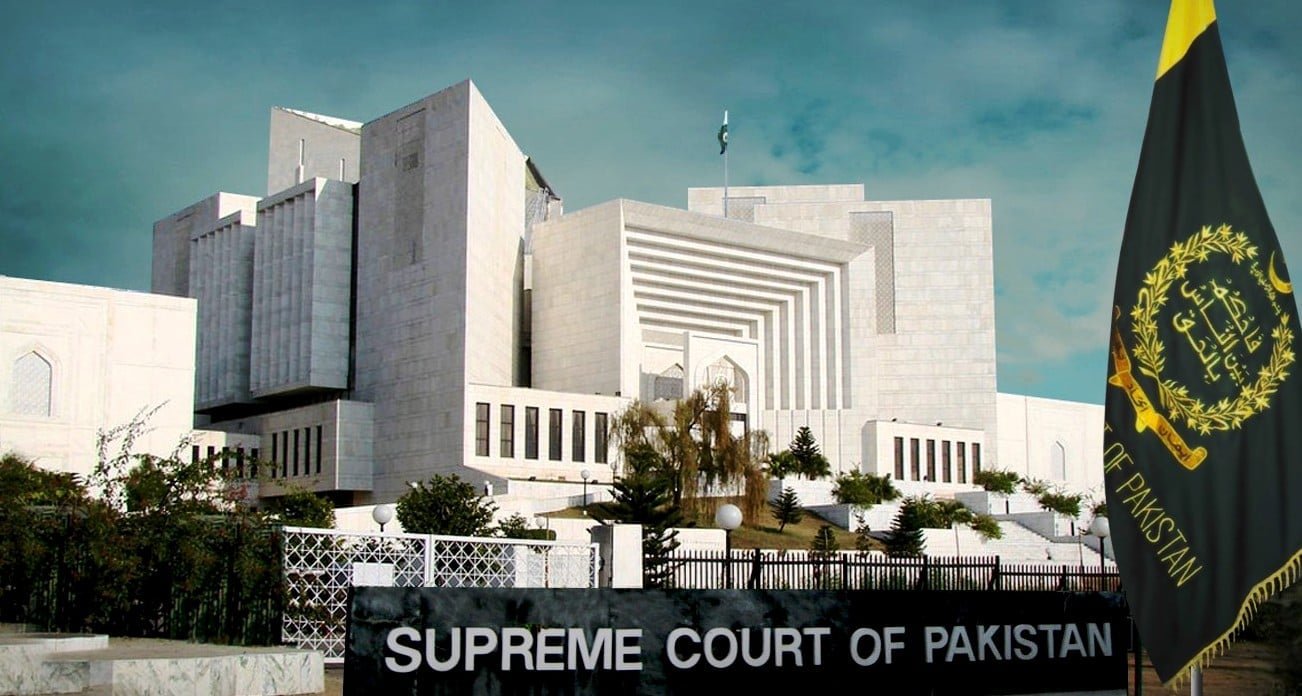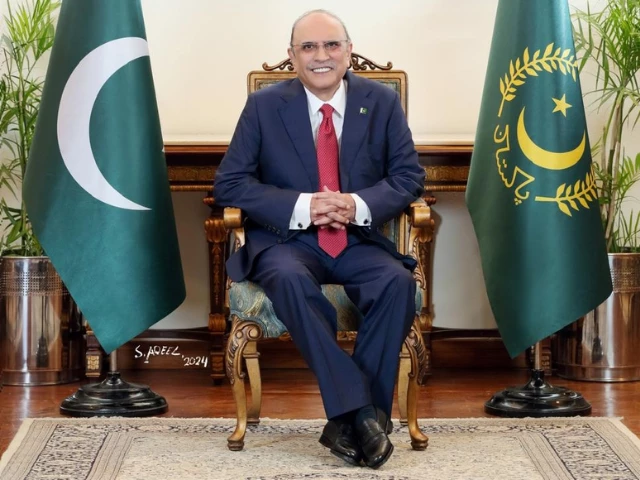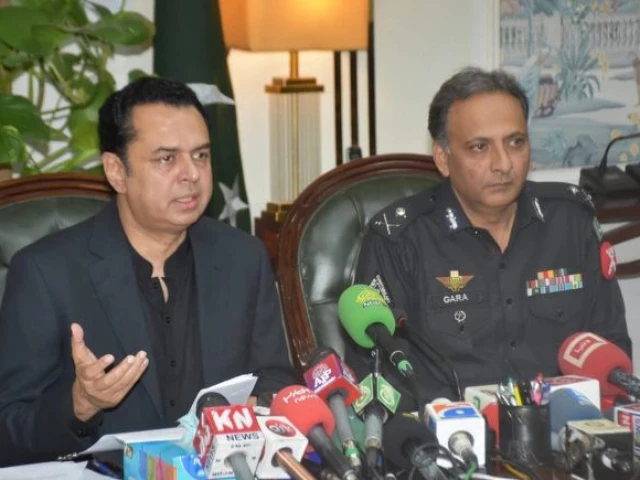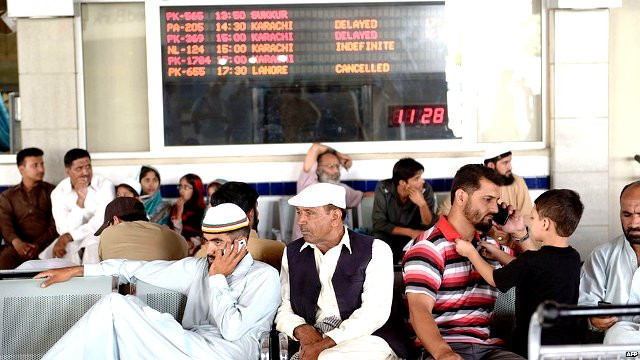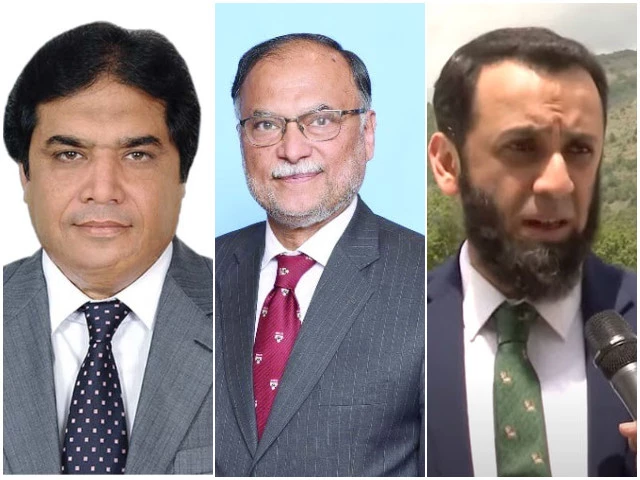Understanding the Recent Judicial Developments in Pakistan
In recent weeks, Pakistan’s legal landscape has been buzzing with activity, particularly surrounding the Islamabad High Court (IHC). Five judges from the IHC have taken a significant step by filing an intra-court appeal with the Supreme Court, contesting a decision regarding judicial transfers and seniority that previously favored the IHC. This unfolding drama has sparked discussions on the implications for judicial appointments and the handling of seniority within Pakistan’s judiciary.
The five judges, represented by senior counsel Munir A Malik, are seeking to overturn a ruling made by a five-member bench that upheld the recent transfers of judges within the IHC. They are urging the Supreme Court to annul this decision, effectively halting the processes set in motion regarding the transfer of judges. One of their key requests includes restricting three judges—most notably Justice Sarfraz Dogar—from performing any functions as IHC judges while this matter is under review.
What’s at the core of this intra-court appeal? The judges are pushing for an immediate suspension of the Supreme Court’s decision made on June 19, which not only touched on judicial transfers but also referenced the intricate matter of judicial seniority. Currently, the determination of seniority is in the hands of the President of Pakistan, a process that has raised eyebrows and concerns among legal experts and commentators alike.
The situation has become even more contentious as the judges aim to impose a stay order that would prevent any actions regarding the appointment of Justice Sarfraz Dogar as the permanent Chief Justice of the IHC. As the legal battle unfolds, it becomes clear that this isn’t just about one court’s authority over another; it’s about the fundamental processes that govern judicial operations in Pakistan.
This ongoing debate raises crucial questions about transparency and fairness in judicial appointments. As citizens and stakeholders watch closely, it’s imperative to consider the long-term implications this could have on the integrity of Pakistan’s judicial system.
For anyone interested in diving deeper into the legal intricacies or staying updated on these judicial developments, connecting with platforms like Pro21st may provide valuable insights. Whether you’re a legal professional or simply someone who cares about fair judicial practices, understanding these dynamics is essential.
At Pro21st, we believe in sharing updates that matter.
Stay connected for more real conversations, fresh insights, and 21st-century perspectives.

